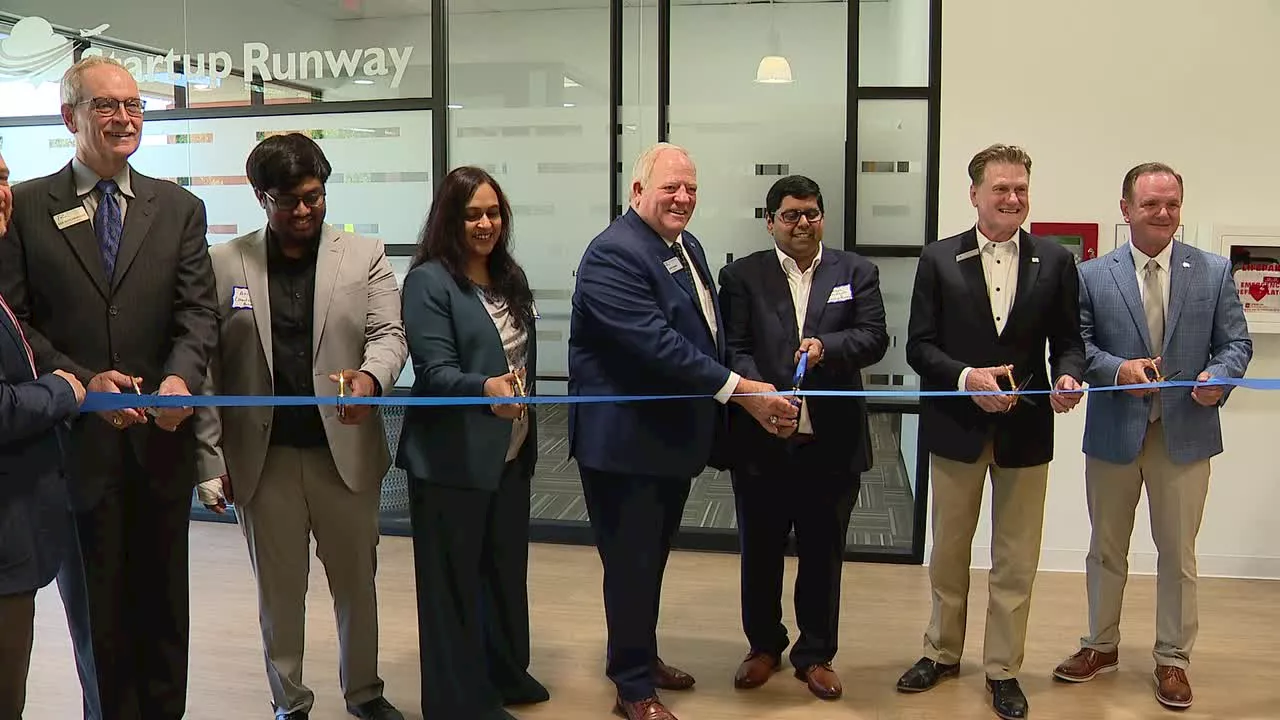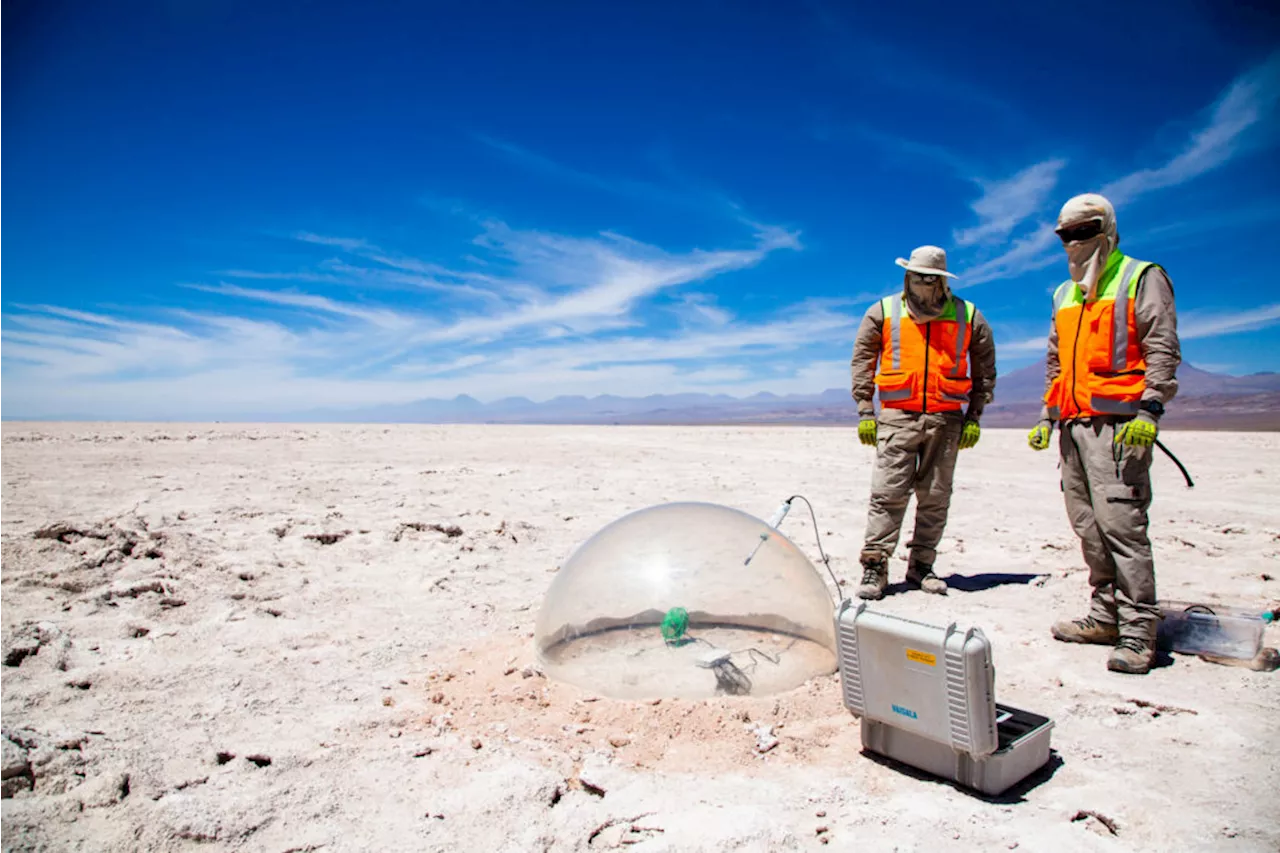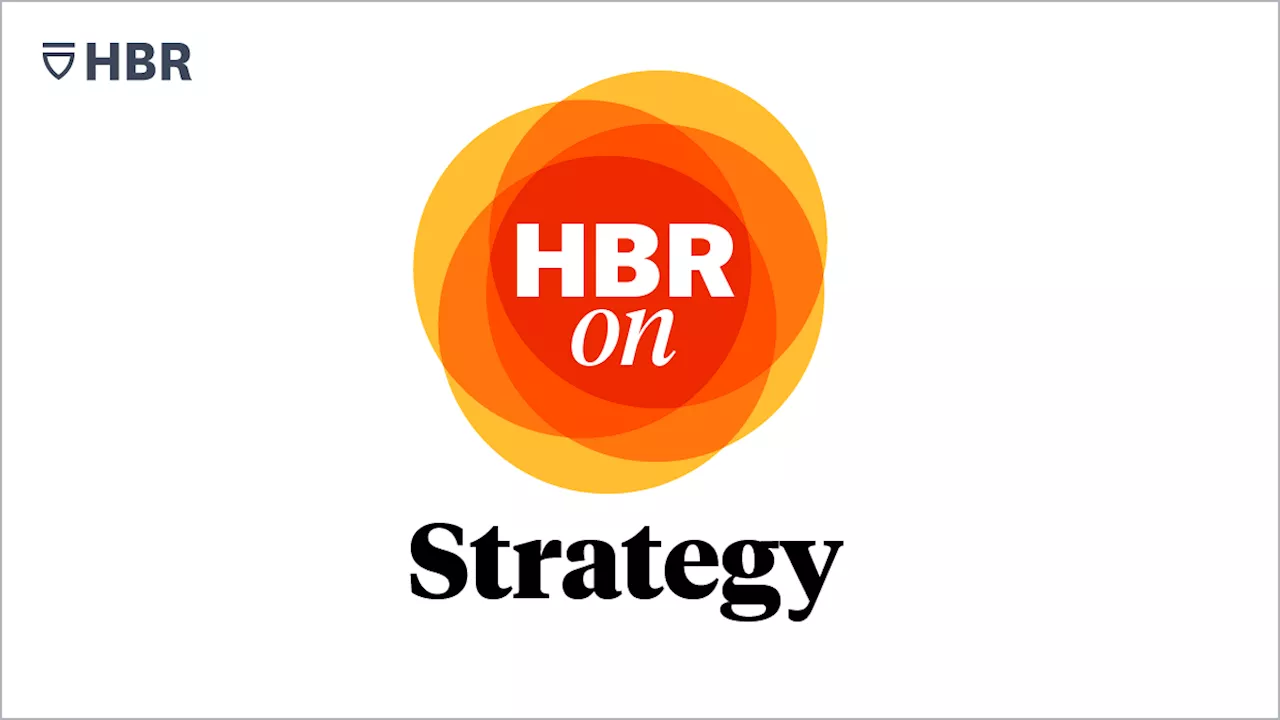If you’re scaling a startup, this episode is for you.
AptDeco, a peer-to-peer marketplace for used furniture, launched in New York City in 2014. Despite its complexity and high costs, the company grew quickly. Co-founders Reham Fagiri and Kalam Dennis considered several different options for scaling the business—from expanding into new markets to rebranding with a sustainability focus.discuss the path to scaling that AptDeco ultimately chose and what their experience can indicate about how to successfully scale a startup.
Today, we bring you a conversation about how to scale a start-up and the role that analyzing data and learning from failure can play in growth – with Harvard Business School professor Ayelet Israeli, who studies e-commerce, and AptDeco co-founder Kalam Dennis.In this episode, you’ll learn how to translate early failures into information that can help your business move forward and grow in the long term.
KALAM DENNIS: AptDeco is the easiest way to buy and sell furniture. That’s how we like to describe it. The way that it works is pretty simple, straightforward. If you’re a seller, you’re looking to sell a piece of furniture. You can go to our platform. It takes a couple of minutes to list. We do some curation. Basically joozing up the listing to make it as appealing as possible. The item goes live within a few hours, and then it’s posted on our platform.
AYELET ISRAELI: So let me start with the circular economy piece, because that was news to me as well. It’s essentially a rebranding of the word buying used things or vintage or pre-owned, but really it needed, it was a right time in history to be rebranded because people started caring more about sustainability. And so, we see more and more companies nowadays in this space, trying to figure out how to induce people to recycle or to re-use things that other people dropped.
AYELET ISRAELI: It’s an industry of over a hundred billion. Traditionally, as we all know, it was all physical retail, mostly new furniture. So, over 90% of business was attributed to being new furniture sales. And there was some used furniture, roughly 10%, that was usually in vintage shops, antique markets, maybe peer-to-peer but very scaled down. With that, with the introduction of the internet, of course, everything moves online.
KALAM DENNIS: 50% of it was, I think, just in our inherent nature from our professional experience. We’re working for large institutions that are profitable by nature. L’Oréal is a very profitable organization or Goldman Sachs is probably extremely ridiculously profitable. And so just even, I think truthfully, I just think the concept of growing, but not having the true product market fit, buying customers in a way that’s not realistic is inherently not really in our nature.
KALAM DENNIS: I mean, we wouldn’t be here without Y Combinator. I’ll go back to the point of, I accumulated all this great work experience at L’Oréal. And Reham, she worked at the top banking institution in the world. We can figure this out. And the truth is like getting a business off the ground, getting those first 100 customers, first, 1,000 customers is very manual. It’s not charts and data and analytics. It’s going to customers’ homes and getting that couch.
AYELET ISRAELI: They’re definitely a technology company. They have technology around logistics, around pricing, around figuring out customer preferences. How would you, which items would I show which person in order to get them to buy? They are digital first. All of the transactions are digital. Yes, there is a logistic arm. Yes, there are delivery people. That’s true about a lot of companies that we would consider digital or digital first.
BRIAN KENNY: As the case wraps up, it does talk about your expansion plans. We know you did that experiment in the DC area. I’m curious as to what you learned from that experience and how that helps to influence what you’re thinking about doing going forward.
United States Latest News, United States Headlines
Similar News:You can also read news stories similar to this one that we have collected from other news sources.
 Guardians play turn-turn-turn in coming from behind to beat Pirates, 10-8Emmanuel Clase set the franchise save record, but Josh Naylor limped off the field in the eighth inning.
Guardians play turn-turn-turn in coming from behind to beat Pirates, 10-8Emmanuel Clase set the franchise save record, but Josh Naylor limped off the field in the eighth inning.
Read more »
 City of Richardson hopes to create pipeline for Indian-based startups with new partnershipThe city sent a team to India to meet with government officials, financial investors and business leaders in hopes of creating a pipeline of startups moving to the city from the world's fifth-largest economy. It says the partnership would increase property and sales tax revenue and provide an overall boost to its economy.
City of Richardson hopes to create pipeline for Indian-based startups with new partnershipThe city sent a team to India to meet with government officials, financial investors and business leaders in hopes of creating a pipeline of startups moving to the city from the world's fifth-largest economy. It says the partnership would increase property and sales tax revenue and provide an overall boost to its economy.
Read more »
 Lithium startups bet on high demand in battery-powered futureNo 1 source of global mining news and opinion
Lithium startups bet on high demand in battery-powered futureNo 1 source of global mining news and opinion
Read more »
 XinFin XDC Network and Foundership Inaugurate XDC 0xCamp Accelerator Program to Propel Global Web3 StartupsCrypto Blog
XinFin XDC Network and Foundership Inaugurate XDC 0xCamp Accelerator Program to Propel Global Web3 StartupsCrypto Blog
Read more »
 Kamala Harris pitches $50,000 tax benefit in bid to spur startupsThe vice president’s campaign will detail efforts to boost small businesses to help draw a contrast with former president Donald Trump.
Kamala Harris pitches $50,000 tax benefit in bid to spur startupsThe vice president’s campaign will detail efforts to boost small businesses to help draw a contrast with former president Donald Trump.
Read more »
 Skype founder's VC firm raises $1.24 billion to back European tech startupsAtomico, which was founded by Skype co-founder Niklas Zennström, raised two new funds worth $1.24 billion to back European technology firms.
Skype founder's VC firm raises $1.24 billion to back European tech startupsAtomico, which was founded by Skype co-founder Niklas Zennström, raised two new funds worth $1.24 billion to back European technology firms.
Read more »
